For 2026, the best web accessibility solution depends entirely on your risk tolerance and budget. Level Access is the top choice for enterprise-grade risk management and full remediation, especially following their acquisition of UserWay. UserWay remains the leading choice for small businesses needing a cost-effective widget. TabNav has emerged as a powerful tool for developers, offering free scans that simulate real user interactions. Skynet Technologies remains the industry standard for “shift left” code testing.
What Is an Accessibility Company?
Accessibility companies help organizations test digital experiences against accessibility guidelines, fix issues, and keep sites from regressing as content and code change. They ensure that their digital assets, such as websites, documents, applications, and utilities, are usable by people with disabilities.
Most providers offer a mix of:
- Accessibility audits: Manual testing plus automated scans to find barriers.
- Remediation: Fixing issues in code, design systems, templates, and content workflows.
- Monitoring: Ongoing scanning to catch regressions after releases and content updates.
- Training: Building internal capability across product, design, engineering, QA, and content teams.
- Documentation support: Helping teams prepare materials often requested in procurement and internal governance.
What accessibility standards matter most in 2026?
Most teams start with WCAG because it is widely used as the technical reference for web accessibility work.
You may also need to map work to additional requirements:
- United States (federal and procurement): Section 508 incorporates WCAG 2.0 Level AA success criteria.
- European Union: Organizations selling into the EU must adhere to the European Accessibility Act (EAA), which became enforceable in June 2025.
Procurement documentation: Many buyers request documentation such as VPAT/ACR-style reporting for software and digital services.
Who needs to meet accessibility compliance standards?
Accessibility affects organizations that publish digital experiences for customers, employees, students, or the public. Common examples include:
- Government and public sector organizations,
- Education providers and edtech platforms,
- Healthcare, insurance, finance, and retail organizations,
- Employers with internal tools used by a wide workforce,
- SaaS products selling into enterprise or public-sector procurement channels,
Top Accessibility Companies
#1 – Skynet Technologies
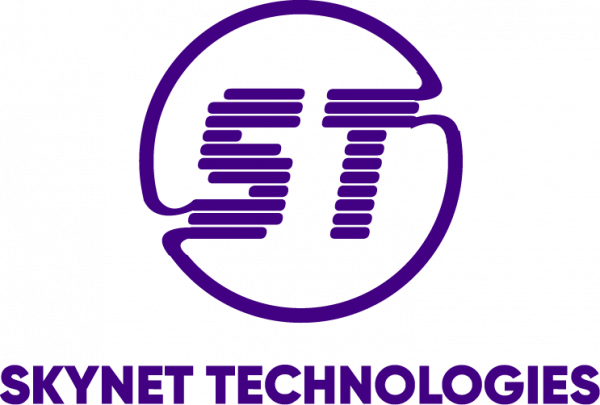
Best for multilingual sites using a widget-led approach
Skynet Technologies offers accessibility services and the All-in-One Accessibility widget. The company markets broad language support for global audiences and positions the widget as part of an accessibility toolkit. Skynet’s digital accessibility services are ideal for State and Federal governments, educational and university websites, banking institutions, non-profits, and businesses of all sizes, as well as the public sector.
- Key Specs: “All in One Accessibility” AI Widget; Manual Audit & Remediation Services.
- Compliance: WCAG 2.1 & 2.2, ADA, Section 508, EAA, EN 301 549.
- Support: Standard email/chat support; dedicated project managers for remediation clients.
- Verdict: A versatile choice for organizations that want an immediate widget fix now but need a pathway to deep manual compliance later.
What Stands Out:
- Modular Approach: You can buy the widget for $25/month and add on manual remediation or PDF fixes only when you need them.
- Global Reach: Their widget supports over 140 languages, making it excellent for international brands.
- EAA Readiness: Explicitly updated to support European Accessibility Act requirements for 2025/2026.
Who Should Choose Skynet Technologies?: Teams supporting multilingual sites that want a widget plus service options.
#2 – Deque Systems
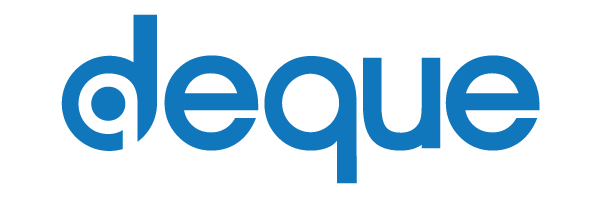
Best for developer-first accessibility testing
Deque Systems is known for accessibility testing tools and services that help teams find issues earlier in the build cycle. Many teams use Deque’s axe tooling during development, then pair it with services and training to improve delivery over time.
- Key Specs: Axe-core engine; DevTools for Chrome/Edge; Enterprise auditing.
- Compliance: Deep technical compliance with WCAG 2.2 and Section 508.
- Support: Developer-centric training and enterprise consulting.
- Verdict: Essential for teams building custom software or web apps.
What Stands Out:
- Shift Left: Finds 50%+ of issues during the coding phase, reducing remediation costs.
- Integration: Plugs into Jira, GitHub, and CI/CD pipelines.
- Training: Deque University provides industry-leading certification and courses.
Who Should Choose Deque Systems?: Teams that want to shift accessibility work into design, dev, and QA.
#3 – Tabnav
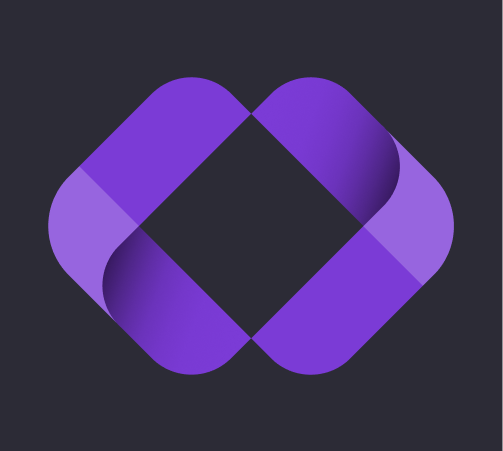
Best for interaction-based scans and fast, shareable reporting
Tabnav provides a web accessibility checker designed to surface issues by scanning pages in a way that reflects real user behavior, not only static page analysis. Users enter a URL and can quickly get results, including code-level findings and a breakdown of issues. Tabnav also positions broader capabilities around monitoring and team collaboration for ongoing accessibility work.
- Key Specs: Real user interaction simulation; Unlimited free scans.
- Compliance: Checks against WCAG 2.1/2.2 AA, ADA, EAA criteria.
- Support: Automated reporting + Manual audits available.
- Verdict: A frictionless starting point for teams wanting immediate, code-level feedback without setup.
What Stands Out:
- Interaction Simulation: Tests dynamic behaviors (like keyboard traps) that static scanners often miss.
- Zero Friction: No signup or configuration required to run scans.
- Developer Focus: Provides specific code references for faster remediation..
Who Should Choose Tabnav?: Teams that need rapid scans and practical findings for iterative remediation.
#4 – Siteimprove
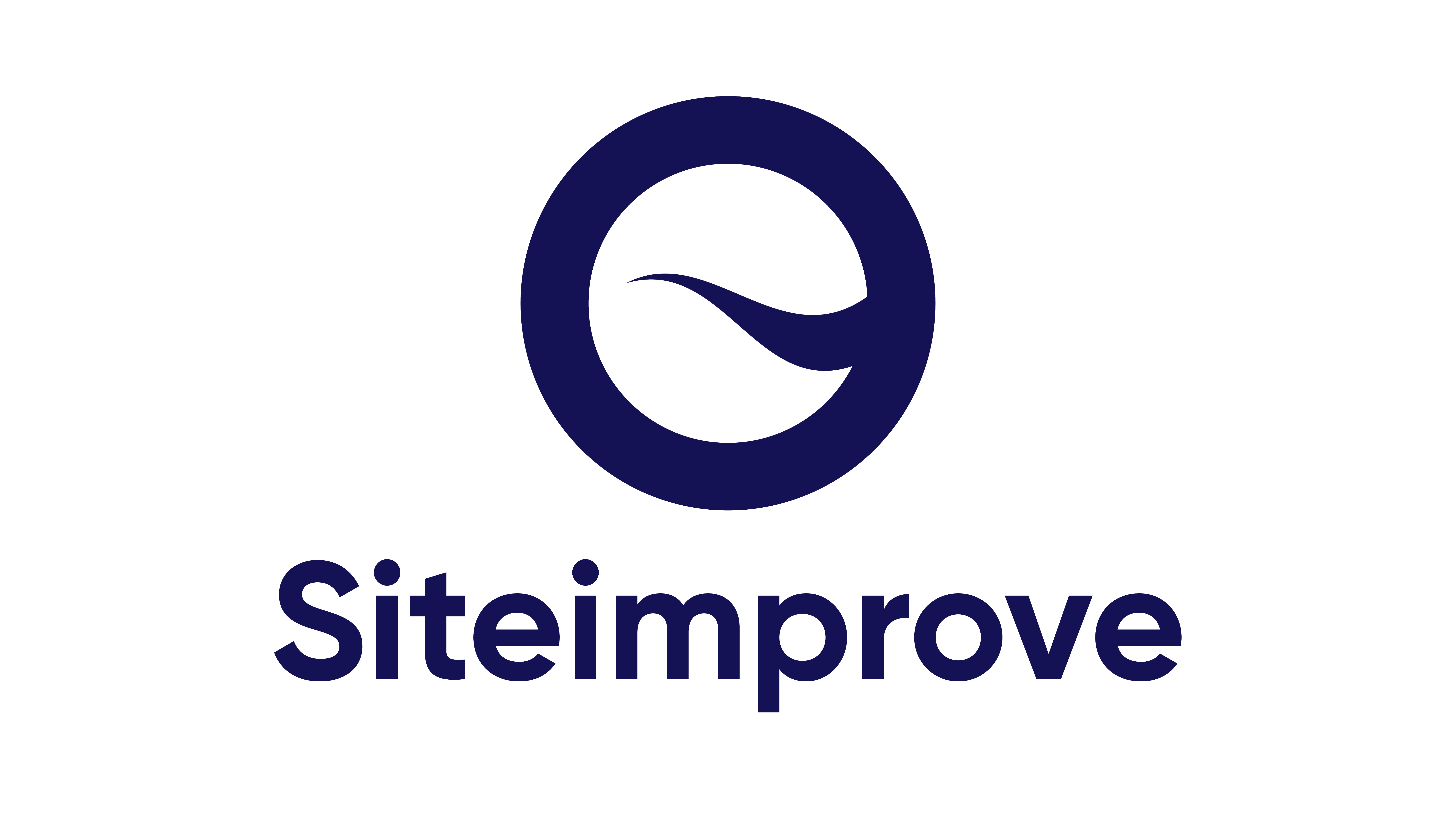
Best for continuous scanning and content-team workflows
Siteimprove provides accessibility tools that scan pages against WCAG and help teams identify and prioritize issues. It also offers testing services that can complement automated scanning when teams need deeper review.
- Key Specs: Automated crawling; SEO & Accessibility integration; Policy flagging.
- Compliance: WCAG 2.2 monitoring; EAA readiness checks.
- Support: Customer success managers and training academy.
- Verdict: The best tool for maintaining accessibility on content-heavy websites.
What Stands Out:
- Workflow: Assigns issues directly to content editors or developers via ticket systems.
- Visibility: Shows how accessibility improvements also boost SEO and quality scores.
- Scale: Can scan tens of thousands of pages efficiently.
Who Should Choose Siteimprove?: Teams that want ongoing visibility and governance across large web properties.
#5 – AudioEye
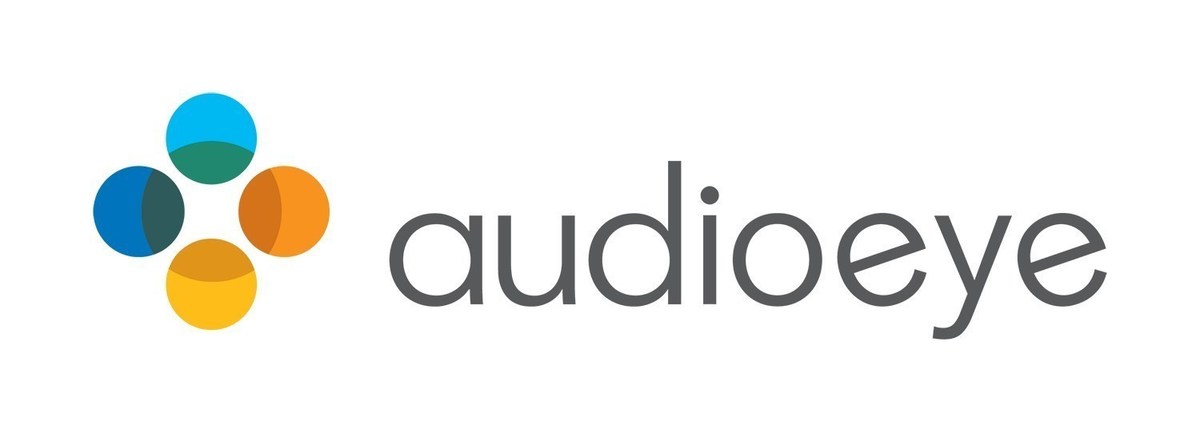 AudioEye, Inc. Logo (PRNewsFoto/AudioEye, Inc.)
AudioEye, Inc. Logo (PRNewsFoto/AudioEye, Inc.)
Best Hybrid Managed Service
AudioEye occupies the middle ground between a simple widget and a full manual consulting firm. They offer an “Always-On” platform that detects and automatically fixes many issues, backed by a team of human experts who manually remediate complex problems the AI misses. This hybrid model offers a higher degree of accuracy than overlays alone, without the massive upfront cost of a traditional manual audit.
- Key Specs: Hybrid automation + human testing; Certified Trusted Accessibility.
- Compliance: WCAG 2.2, ADA, SSA.
- Support: Active monitoring and report generation.
- Verdict: A strong balance of automation and human verification for mid-market companies.
What Stands Out:
- Visual Toolkit: Provides users with a toolbar to adjust fonts, contrast, and navigation.
- Performance: Designed to load asynchronously so it doesn’t slow down site performance.
- Warranty: Offers a sustainable compliance warranty for managed customers
Who Should Choose EqualWeb?: Organizations that want a blended approach instead of tooling alone.
#6 – Level Access
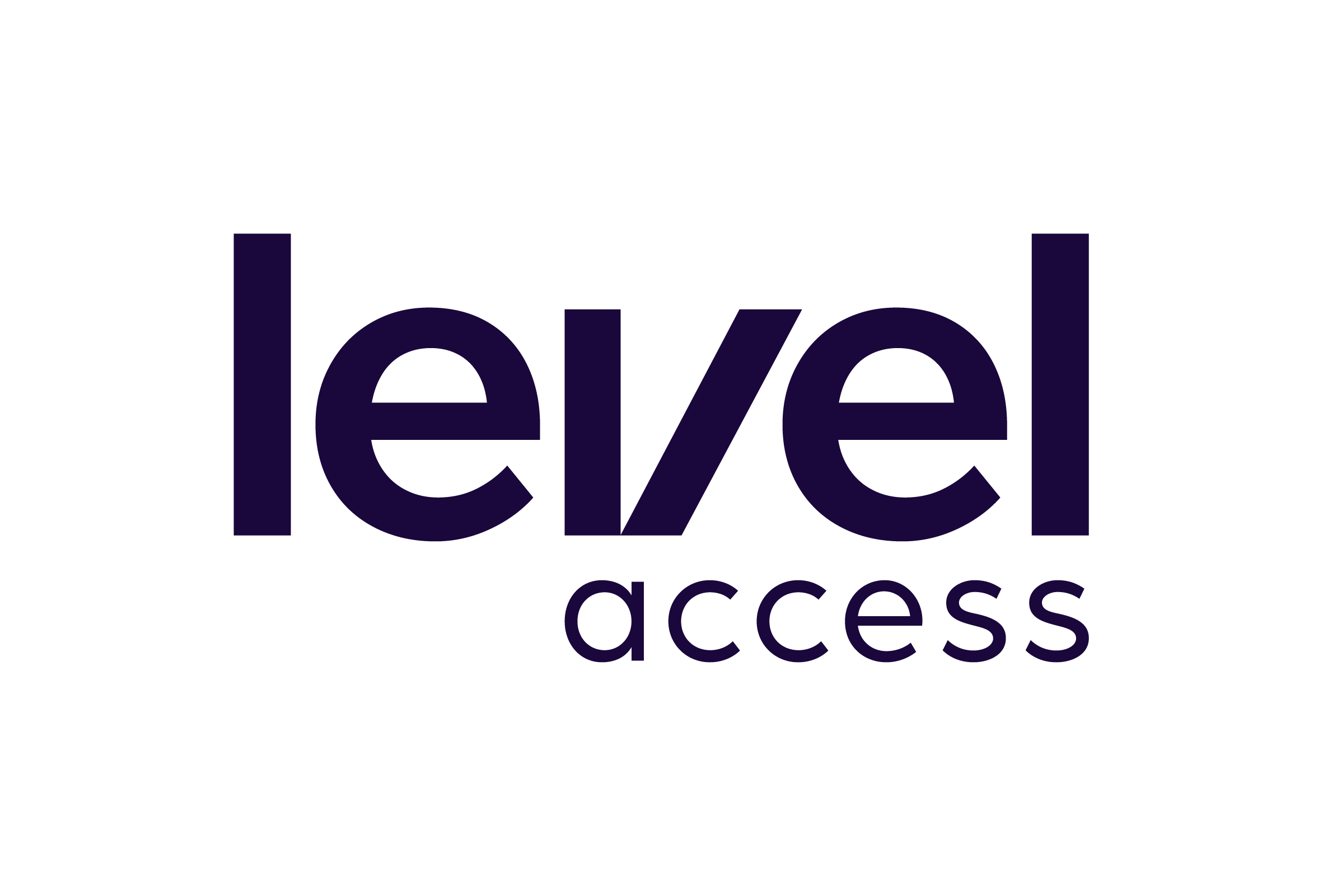
Best for enterprise accessibility programs and documentation
Level Access positions its offering as an end-to-end digital accessibility platform supported by expertise. It’s built for organizations that need repeatable processes across teams, with support for testing, fixing, and reporting.
- Key Specs: Unified platform with manual audit integration; owns UserWay for the SMB tier.
- Compliance: Full support for WCAG 2.2 AA, ADA, Section 508, EAA.
- Support: Dedicated legal teams and accessibility experts.
- Verdict: The safest choice for large organizations, government bodies, and regulated industries.
What Stands Out:
- Legal Warranty: Their legal support program is widely considered the most reliable in the industry.
- Unified Platform: One dashboard covers automated scans, manual audit results, and training.
- Market Power: Owning UserWay allows them to serve everyone from corner bakeries to Fortune 100s.
Who Should Choose Level Access?: Organizations that need scalable governance, workflows, and procurement-ready reporting.
How do you choose the right accessibility company in 2026?
Match vendor strengths to your operating model and your risk profile.
Use these checks before you buy:
- Ask how they test: Manual testing plus automated scanning is the baseline. Ask how they handle dynamic UI and key user journeys.
- Confirm remediation ownership: Who fixes issues—your team, their team, or both? Make scope and verification explicit.
- Demand prioritization: You want issues ranked by user impact and effort, not a long unranked export.
- Monitoring plan: Accessibility changes with releases and content updates. Decide how you’ll prevent regressions.
- Request documentation early: If procurement requires VPAT/ACR-style reporting, include it in scope from day one.
- Validate workflow fit: If you ship weekly, prioritize dev/QA workflow support. If you publish daily, prioritize scanning and governance.
Partner with a Reliable Cloud Provider
Digital accessibility work still needs a stable hosting foundation—performance and reliability affect user experience for everyone. At Atlantic.Net, we provide cloud hosting and managed services for organizations running production websites and applications. Founded in 1994, we support businesses that need reliable infrastructure while they improve and maintain their digital experiences. Contact us to discuss cloud hosting options that fit your organization’s operational requirements.
FAQ
What does a web accessibility audit include?
A credible audit combines automated scans with manual testing. Manual testing usually includes keyboard-only navigation checks, focus order checks, form and error handling checks, and assistive technology testing on key user flows. The output should include prioritized issues and clear remediation guidance.
Is an automated accessibility scan enough?
Automated scans are useful for catching common issues at scale, but they don’t cover everything. Manual testing is still needed for interactive components, complex flows, and user experience issues that tools can’t reliably evaluate.
What is WCAG Level AA, and why do teams target it?
WCAG defines success criteria at Levels A, AA, and AAA. Many organizations aim for Level AA because it is commonly used as a practical target for broad accessibility coverage and is frequently referenced in policy and procurement contexts.
What’s the difference between a VPAT and an ACR?
A VPAT is a standardized template used to report accessibility conformance. An ACR (Accessibility Conformance Report) is the completed report produced using that template. Buyers often request this documentation during procurement.
What should you ask an accessibility vendor before signing?
Ask about testing methodology (manual + automated), what assistive tech they use, remediation responsibilities, monitoring options, and the format of deliverables. If you need procurement documentation, confirm how they support reporting and updates over time.
How long does accessibility remediation take?
It depends on site size, code quality, and how many templates/components are affected. Many teams start with a prioritized plan focused on top user journeys, then expand to the full site or product over multiple release cycles.
Are accessibility widgets or overlays enough on their own?
A widget can add user controls and may help with some surface-level adjustments, but it does not replace underlying code and content remediation across all user flows. Most organizations still need auditing, remediation work, and monitoring to sustain accessibility.